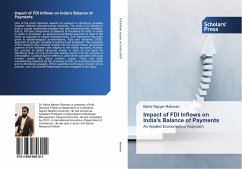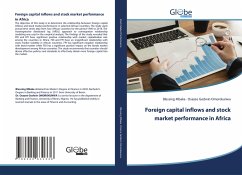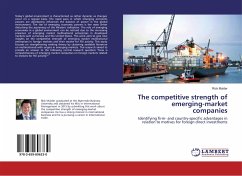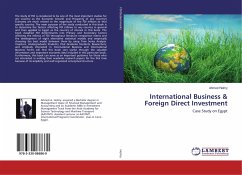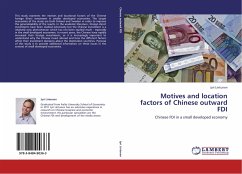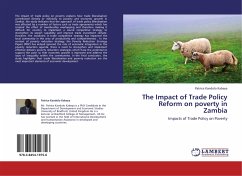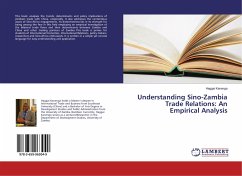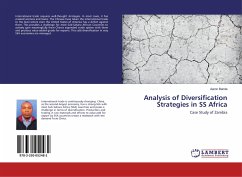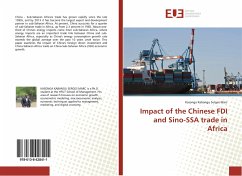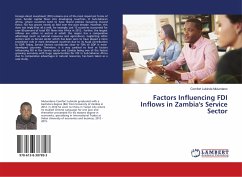
Factors Influencing FDI Inflows in Zambia's Service Sector
Versandkostenfrei!
Versandfertig in 6-10 Tagen
19,99 €
inkl. MwSt.

PAYBACK Punkte
10 °P sammeln!
Foreign direct investment (FDI) remains one of the most important forms of cross- border capital flows into developing countries. In Sub-Saharan Africa, where countries tend to have liberal policies favouring inward flows, FDI has grown nearly six fold over the past decade. However, this does not imply that all is well, for example, just 15 countries accounted for over 80 percent of total FDI flows into Africa in 2012.. Further, the largest inflows are either in sectors in which the region has a comparative advantage (such as natural resources and agriculture), neglecting other sectors such as...
Foreign direct investment (FDI) remains one of the most important forms of cross- border capital flows into developing countries. In Sub-Saharan Africa, where countries tend to have liberal policies favouring inward flows, FDI has grown nearly six fold over the past decade. However, this does not imply that all is well, for example, just 15 countries accounted for over 80 percent of total FDI flows into Africa in 2012.. Further, the largest inflows are either in sectors in which the region has a comparative advantage (such as natural resources and agriculture), neglecting other sectors such as Service sector which has been seen to have played a more prominent role in most developed countries due to its huge contribution to GDP. Today, Service Sectors contributes close to 70% to GDP in most developed countries. Therefore, it is very cardinal to look at factors influencing FDI in the Service sector and Zambia being one of the fastest growing economy with huge opportunities for FDI in Sub-Saharan Africa due to comparative advantages in natural resources, has been taken as a case study.




